Puerto Rico is in trouble, after years of bad policies, mismanagement, excessive debt and bad luck.
Its economy has been shrinking or stagnant for a decade and the unemployment rate sits at nearly 12 percent. The commonwealth and its utilities have a debt of $73 billion, its public pension funds are woefully underfunded and one state agency has warned that the government could be forced to shut down soon because it might run out of money.
Lawmakers in Washington and San Juan need to come up with a plan that addresses the financial and economic problems of the territory, which is home to 3.6 million American citizens. The island’s difficulties also affect investors in the 50 states who own the tax-exempt bonds issued by Puerto Rico’s government and utilities.
Once a growing manufacturing center, Puerto Rico began a long decline in the mid-2000s after federal tax incentives for businesses that produced goods on the island were phased out, prompting some employers and tens of thousands of workers to leave.
Puerto Rican leaders made the situation worse by not investing sufficiently in the economy and by borrowing excessively. Investors eagerly extended loans without properly analyzing the territory’s deteriorating financial health. They did so in large part because interest earned from Puerto Rican government bonds is exempt from federal and state income taxes.
One of the biggest and most immediate problems for the island is the roughly $20 billion debt owed by three government-owned companies: the electricity utility, the water and sewer system and the highway authority. Because Puerto Rico is a territory, these businesses are not allowed to restructure their debt in Chapter 9 bankruptcies. Congress should approve a new bill that would allow these and other Puerto Rican government-owned companies, as well as municipalities, to use Chapter 9.
Some analysts and bankruptcy experts say that Congress should go even further and allow the government of Puerto Rico to file for bankruptcy. Some also argue that federal lawmakers should appoint a financial control board to oversee the island’s finances; this drastic step may not be warranted yet, but it is worth studying.
There is a lot that can be done to revive Puerto Rico’s economy. Stronger efforts to boost tourism, manufacturing and the services sector through targeted public investments could lead to faster growth. For example, Puerto Rico gets relatively few visitors despite its natural attractions. It had 3.2 million tourists in 2013, down from 3.7 million in 2005. By contrast, the Dominican Republic had 4.7 million tourists in 2013, up from 3.7 million in 2005.
The government could also improve its finances by raising taxes, which are very low by international standards. Puerto Rico only collects about 11 percent of its gross domestic product in taxes, compared with the 33 percent average for advanced countries. Gov. Alejandro García Padilla has proposed replacing the island’s 7 percent sales tax with a 16 percent value-added tax. That might be too large an increase given the economy’s weakness, but a smaller increase phased over time and higher income tax rates could help, as would better policing of tax evasion.
In addition to fixing its finances, Puerto Rico has to answer a bigger question about its future: Should it become a state? The government ought to hold another voter referendum on the issue. The last one, a nonbinding vote in 2012, was poorly worded and did not clearly establish that the majority of Puerto Ricans want statehood. Last year, Congress and President Obama budgeted $2.5 million for the territory to hold another referendum on its political status; Mr. Padilla said last year his government will hold a vote by 2016.
Puerto Rico is about 1,000 miles from Miami, but it can seem a world apart. The island’s financial problems are a reminder that benign neglect has had terrible consequences for millions of Americans.

Puerto Rico on the Brink


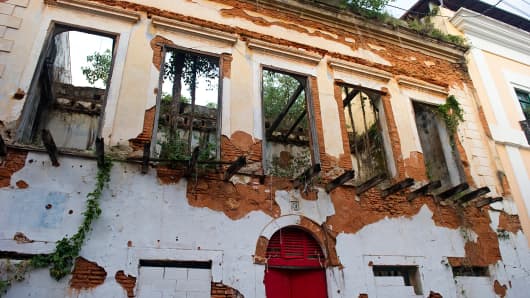
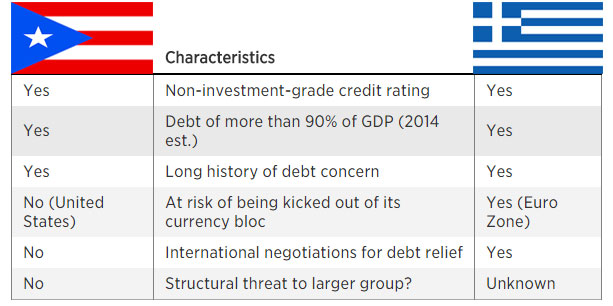

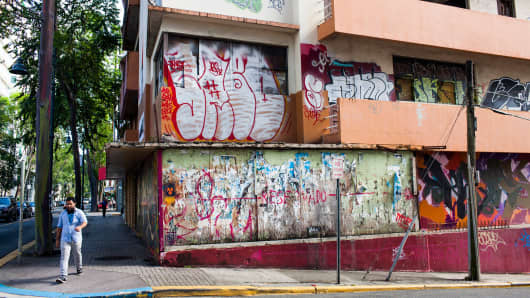
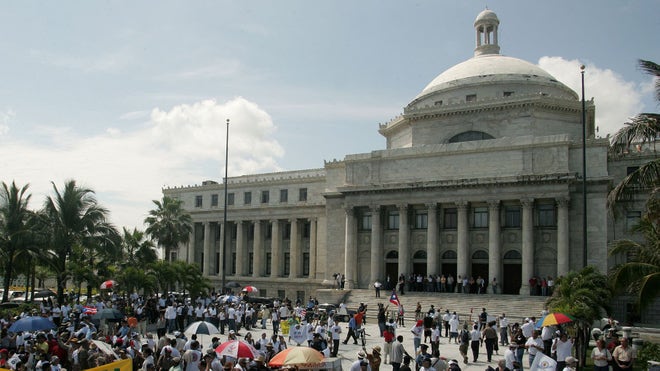
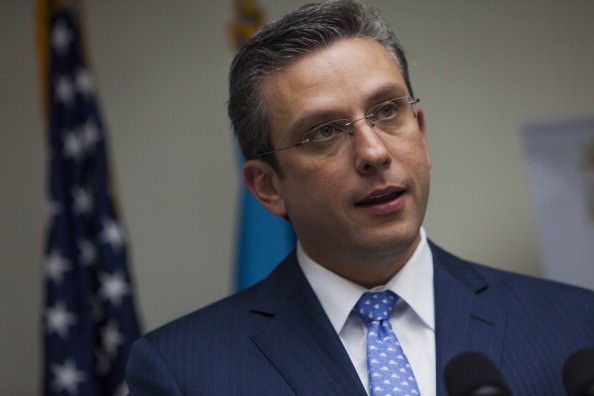
 is the founder of
is the founder of 
